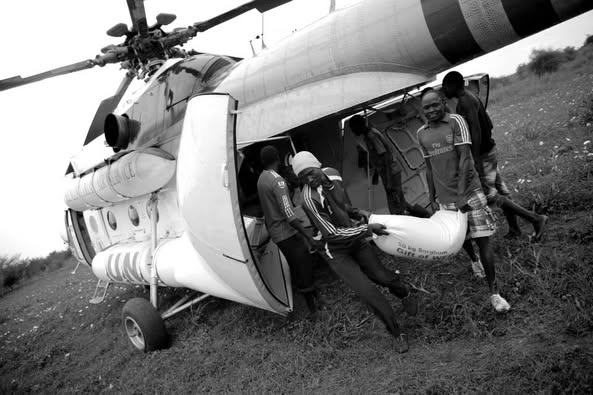As the world commemorates World Humanitarian Day on Tuesday, 19 August 2025, South Sudan remains one of the most dangerous places in the world for humanitarian workers, ranking second so far this year, according to the Aid Worker Security Database.
“On World Humanitarian Day, we pay tribute to humanitarian workers in South Sudan and around the world, remember those who have lost their lives in the line of duty, and rally support for people affected by crises,” said Ms. Anita Kiki Gbeho, the Humanitarian Coordinator for South Sudan.
A Tuesday press statement from the United Nations Office for the Coordination of Humanitarian Affairs (OCHA) said that in South Sudan, since the beginning of the year, there have been 26 casualties, including 15 humanitarian workers and 11 contractors who have been killed or injured, a deeply troubling increase from 15 people in the same period last year.
“Between January and July 2025, over 200 incidents of direct violence against humanitarians and assets were reported, up from 176 last year,” the statement reads in part. “Escalating insecurity has forced 56 humanitarian workers to relocate from their operational areas.”
In South Sudan, most humanitarian workers are South Sudanese nationals, serving their communities with extraordinary courage and commitment, OCHA said.
“This year’s theme; Act for Humanity, carries great significance in South Sudan, where humanitarians continue to deliver amid recurrent floods (1.6 million likely to be affected), growing humanitarian needs (over 70 per cent of the population), increasingly dwindling resources and escalating violence (355,000 displaced since January 2025),” the statement said.
According to OCHA, humanitarian workers continue to stay and deliver, collaborating closely with authorities and communities to reach those in need. By June 2025, partners had reached approximately 3.2 million people with life-saving assistance, 59 percent of the 2025 Response Plan target, through all available means, and in hard-to-reach, conflict-affected areas.
“Whilst the country needs humanitarian workers more than ever, the humanitarian community faces immense pressures, from a reduction in funding to a surge in attacks on workers, including injuries, kidnappings, and killings,” said the Humanitarian Coordinator.
On World Humanitarian Day, the humanitarian community called on the government, non-state actors, and stakeholders to protect and ensure the safety of civilians, including women and children, and humanitarian workers, and to guarantee access to people in need. OCHA also urged the international community to remain mobilized in its support of South Sudan and its journey toward peace, recovery, and resilience.
“On this day, we honour the commitment of humanitarian workers who, every day, reach people in need with life-saving assistance, often under the most challenging and dangerous conditions,” the OCHA statement concluded.




